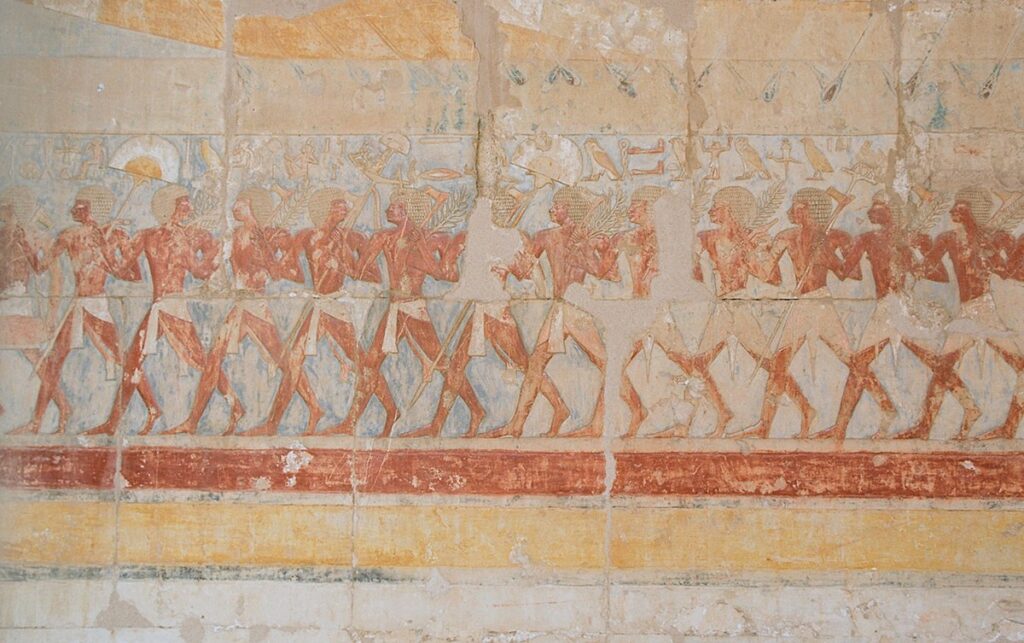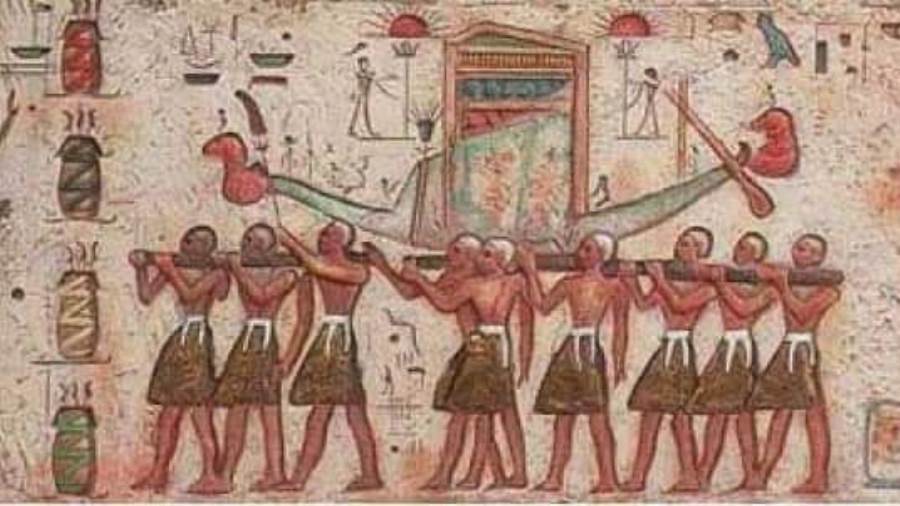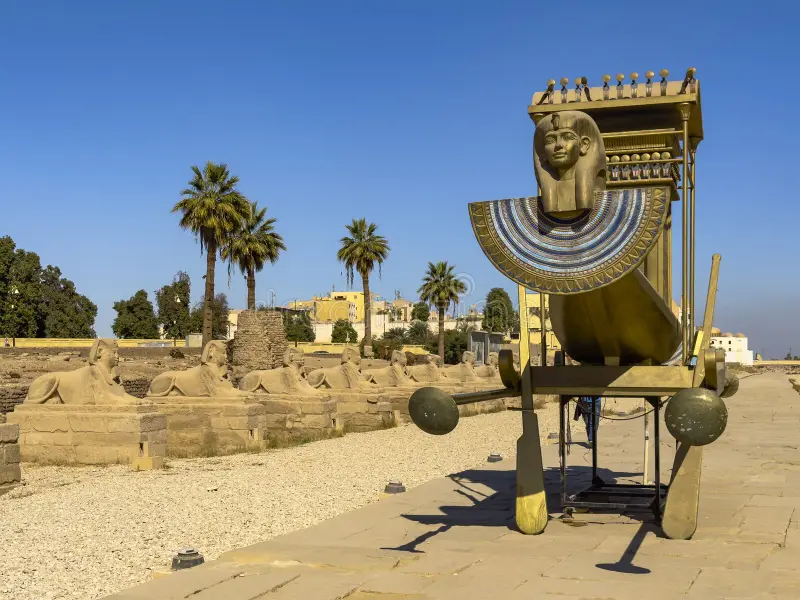Ancient Egyptian Festivals Along the Nile: Echoes You Can Still Experience Today
Ancient Egypt wasn’t only about kings, queens, and monumental temples — it was also a civilization that loved festivals. Throughout the year, the Nile Valley would come alive with celebrations that honored the gods, marked the flooding of the river, or thanked the divine for prosperity and protection.
Today, while thousands of years have passed, echoes of these ancient festivals still ripple through modern Egypt — and travelers can experience a glimpse of this timeless joy along the Nile.
The Opet Festival in Luxor
One of the most magnificent celebrations in ancient Thebes (modern Luxor) was the Opet Festival. This grand event honored the divine triad of Amun, Mut, and Khonsu. Statues of the gods would travel from Karnak Temple to Luxor Temple in a spectacular procession. The journey symbolized rejuvenation of kingship and divine blessing for Egypt.
Today’s connection:
Luxor Temple and Karnak Temple still stand, connected by the Avenue of Sphinxes, where the processions once passed.
Special cultural events and light shows sometimes revive the spirit of this journey, especially during heritage festivals.
The Wepet-Renpet: New Year Festival
In ancient Egypt, the New Year began with the inundation of the Nile — the vital floodwaters that brought life to the desert. This festival, called Wepet-Renpet, meant “Opening of the Year.” It was a time of joy, offerings, and prayers for fertility and abundance.
Today’s connection:
Modern Egypt still celebrates the river’s importance, and travelers visiting during August and September can see how the Nile continues to define life.
Local festivities, music, and riverside gatherings often carry that same feeling of gratitude to the river.
The Beautiful Festival of the Valley
This ancient celebration was dedicated to honoring the dead and visiting the tombs of ancestors on the West Bank of Thebes. Families gathered, feasted, and decorated tombs with flowers — a festival of remembrance and renewal.
Today’s connection:
When visiting the Valley of the Kings or Valley of the Queens, travelers often notice fresh flowers or offerings placed by locals — a quiet, touching echo of this ancient custom.
Some cultural tours include storytelling evenings where local guides share legends that trace back to these ancient practices.
From Ancient to Modern: Festivals That Still Shine
While the original rituals have faded, Egypt remains a land of festivals. Today, visitors can enjoy:
Moulids (celebrations of saints) with music, dancing, and sweets — modern spiritual festivals with deep communal roots.
The Abu Simbel Sun Festival (February & October) — a breathtaking astronomical alignment where the temple of Ramses II floods with sunlight, reminiscent of ancient ceremonial timing.
Cultural nights in Nubian villages — filled with dance, color, and hospitality that carry the joy of Egypt’s ancient communal spirit.
Experiencing Egypt Beyond the Monuments
For travelers, festivals are more than entertainment — they are windows into Egypt’s living heart. They connect the ancient and the modern, offering moments where past and present meet on the banks of the Nile. Whether you watch the sun strike Ramses’ temple, stroll the Avenue of Sphinxes, or join a local family for a celebration, you’re not just observing history — you’re part of a story thousands of years in the making.






